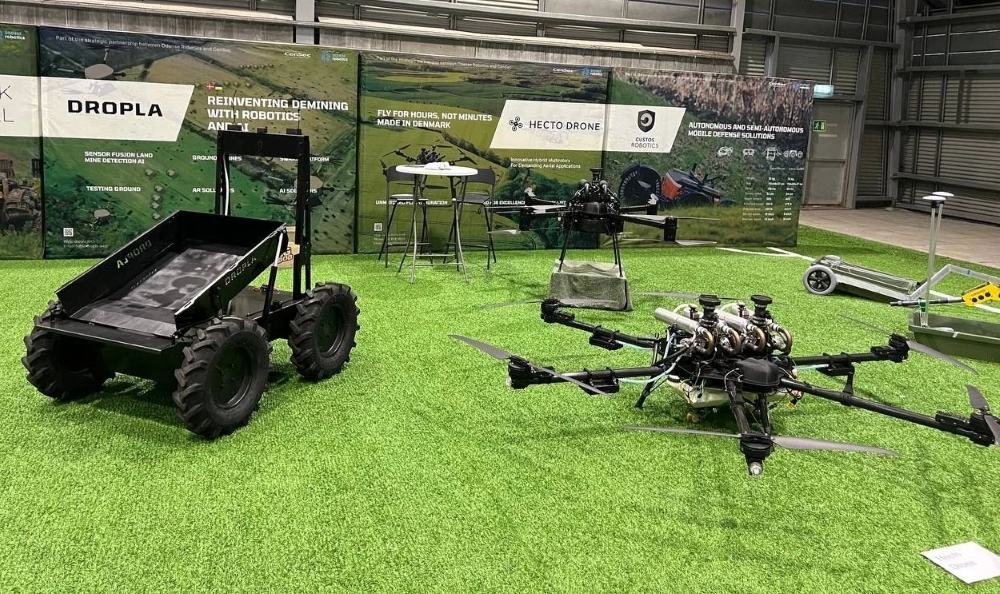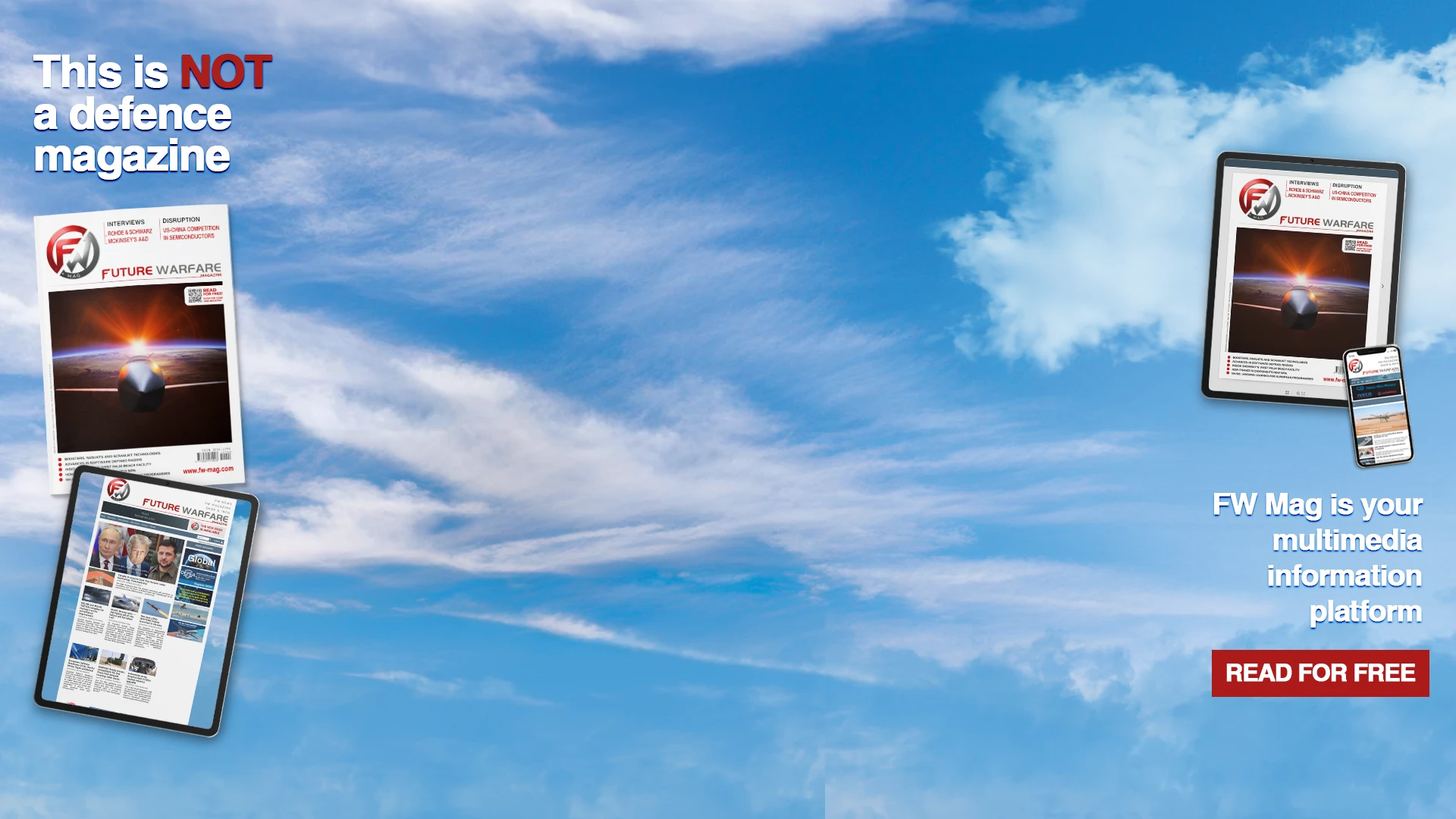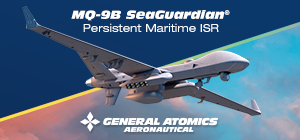
In the wake of ongoing conflict, Ukraine faces a daunting challenge: clearing vast areas of land contaminated by landmines and unexploded ordnance. For instance, aggregated figures of the main mine action organisms in Ukraine esteem more than 3,200 square kilometres of minefields.
DROPLA Tech ApS, a Danish-Ukrainian startup is poised to transform the landscape of demining operations with its cutting-edge technology. Co-founded by Ukrainian entrepreneur V'yacheslav Shvaydak, DROPLA has established its headquarters in Odense, Denmark, while maintaining a strong operational presence in Ukraine. The company's mission is clear: to accelerate demining efforts in Ukraine through the innovative use of robotics, drones, and artificial intelligence.
Talking to FW MAG, V'yacheslav Shvaydak, CEO and founder of Dropla Tech ApS told that “behind the media headlines, as of May 2024 humanitarian demining has delivered as many as 29 square kilometres in two years. Demining machines are more effective, naturally, but they are very expensive. The 38 units available today in Ukraine have demined 827 hectares (8,27 suare kilometres) so far. At this pace, it will take decades and billions, without considering new minefields created every day.”
At the heart of DROPLA's technological arsenal is its drone swarm technology. This system deploys a fleet of six unmanned aerial vehicles (UAVs) simultaneously, capable of surveying up to 0.5 square kilometres per day. These drones are equipped with a sophisticated array of optical, magnetic, and electromagnetic sensors, allowing for comprehensive landmine detection from the air. Complementing the aerial approach are DROPLA's Unmanned Ground Vehicles (UGVs). These remote-controlled machines are designed for ground preparation, clearing vegetation and confirming safe zones.
What sets these UGVs apart is their resilience; they're built to withstand detonations from anti-personnel landmines, ensuring the safety of human operators. The true power of DROPLA's system lies in its integration of artificial intelligence and data processing. As the drones and UGVs gather information, AI algorithms create detailed, georeferenced digital surface maps that pinpoint potential threats. The neural networks underpinning this system have been trained on data from over 300 landmines and unexploded ordnance, providing a robust foundation for accurate detection.
As of August 2024, DROPLA's UGVs are undergoing testing by Ukrainian government demining organizations, demonstrating the real-world applicability of their technology. The company's combined drone swarming solution, which should combine up to 20 UAVs and UGVs in one system, is still in development, with an expected rollout in the coming months. One of the most compelling aspects of DROPLA's approach is its cost-effectiveness.
V'yacheslav Shvaydak explains: “Traditional remote-controlled demining vehicles can cost upwards of €1.2-1.5 million, while DROPLA's UGVs come in at a fraction of that price, approximately €10,000 each. This dramatic reduction in equipment costs translates to significant savings in overall demining operations. DROPLA aims to slash the cost per square meter from the current €1-3 to a mere €0.10, potentially revolutionizing the economics of large-scale demining efforts.”
Looking to the future, DROPLA has set ambitious goals. The company aspires to become the largest provider of training datasets for AI capabilities in landmine detection, with plans to deliver 1.8 million labelled frames by the end of 2024. This wealth of data will further enhance the accuracy and efficiency of AI-driven detection systems. Furthermore, DROPLA is positioning itself to play a role in Denmark's procurement process for military support to Ukraine.
This move could potentially expand the company's impact and accelerate the adoption of its technology in conflict-affected areas. The implications of DROPLA's work extend far beyond the immediate task of demining. By significantly reducing both the time and cost associated with clearing landmines, the company intends to contribute to the broader effort of Ukraine's recovery and reconstruction. Safe, mine-free land is essential for agriculture, infrastructure development, and the return of displaced populations.
In conclusion, DROPLA represents a beacon of innovation in the face of a pressing humanitarian challenge but has also has the potential of revolutionizing doctrine and tactics for demining large areas. In terms of market, as many companies specialize in the production of demining tool sets and machines, the success of DROPLA may trigger a new technology trend that may challenge the more traditional manufacturers.
Follow us on Telegram.








